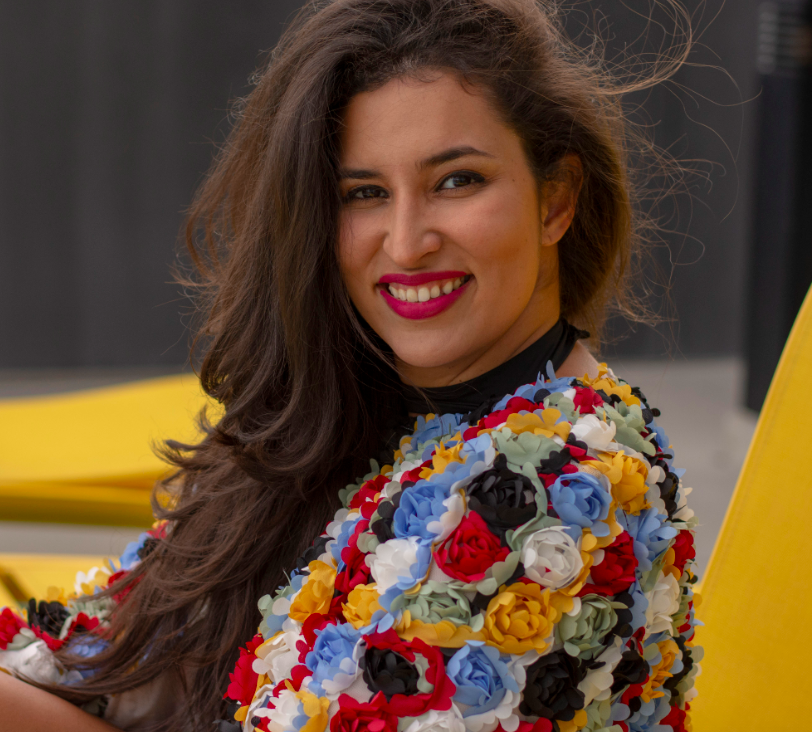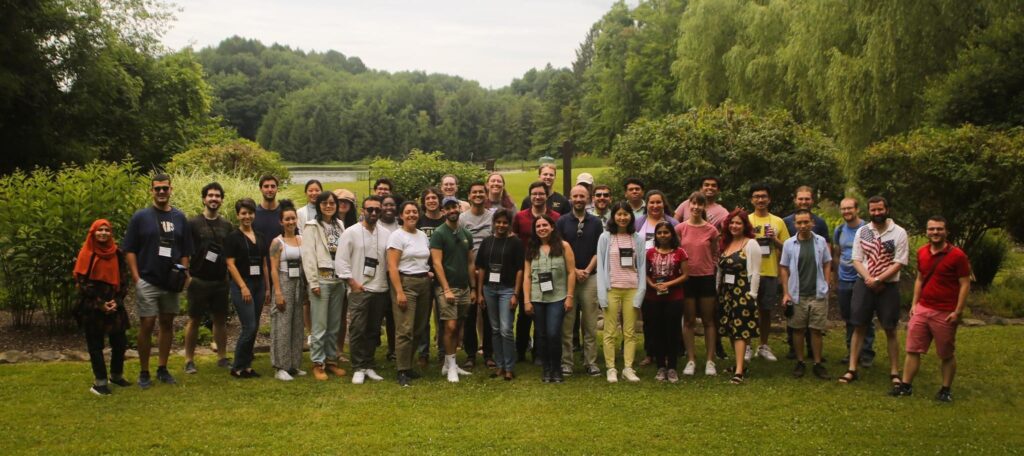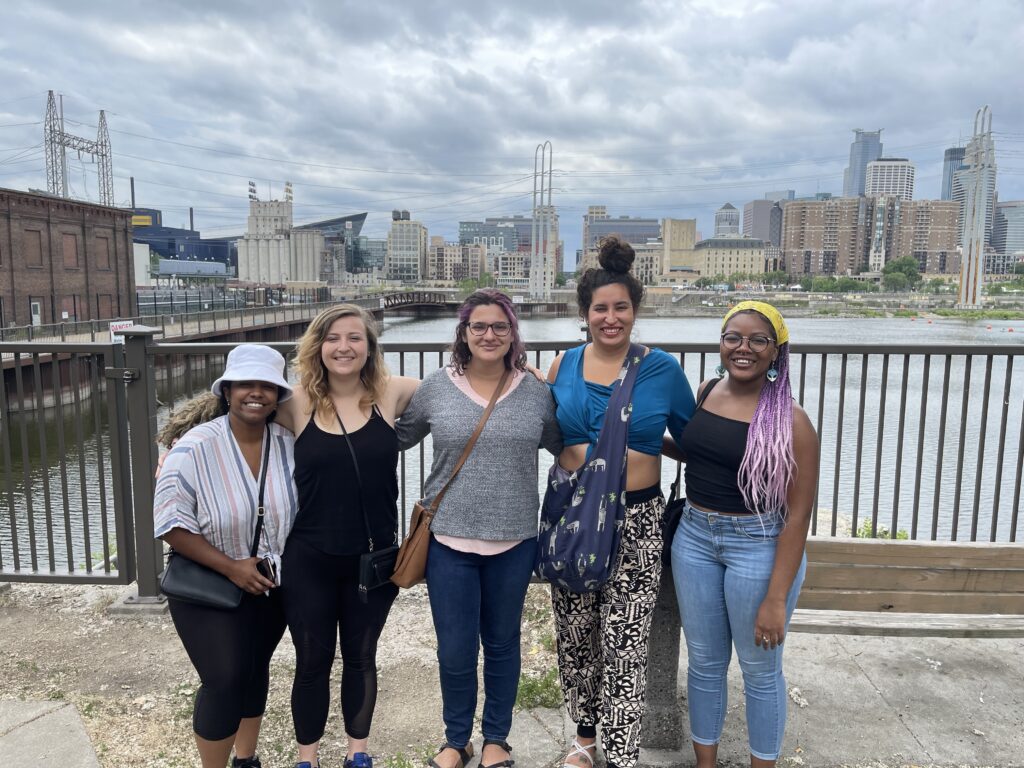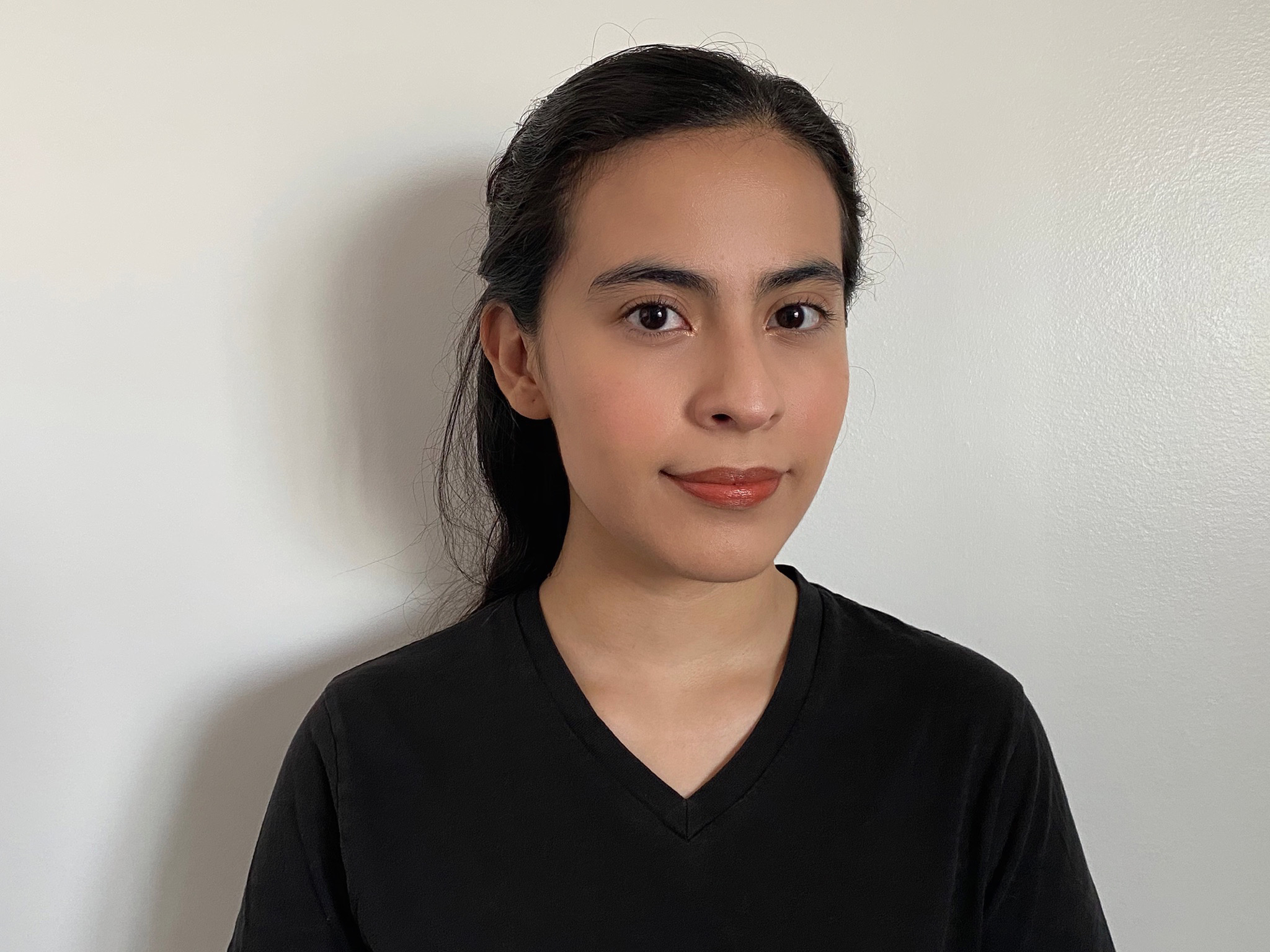Mathematics is often seen as the backbone of countless innovations, driving progress in fields ranging from technology to environmental science. Recognizing the vital role mathematics plays in driving innovation, efforts to improve its accessibility and foster greater engagement are crucial. To support this mission, María Sánchez-Muñiz has joined the City College of New York (CCNY) as a lecturer in the Department of Mathematics. With a diverse background in academia and finance, Sánchez-Muñiz brings a fresh approach to teaching, combining her passion for mathematics with creative techniques that inspire students to see math in new and exciting ways.

María Sánchez-Muñiz. Photo: CCNY.
Born and raised in Puerto Rico, Sánchez-Muñiz’s academic journey began at the Universidad de Puerto Rico, Recinto de Rio Piedras, where she pursued accounting. Her career trajectory changed after an internship in finance led her to New York City, where she shifted from finance to mathematics. She earned both a Bachelor’s and Master’s degree in mathematics from CCNY and is currently finalizing her PhD at the University of Minnesota, Twin Cities, under the guidance of Dr. Richard McGehee.
“I initially aimed for a PhD in Mathematics to become a quantitative analyst at a bank for a high salary. However, when I started working as an adjunct lecturer, I discovered my true passion for teaching mathematics,” Sánchez-Muñiz shared in an interview.
Her research interests vary from partial differential equations to mathematics in ecology, but she primarily focuses on interdisciplinary work that connects mathematics and environmental science. Her current PhD dissertation concentrates on a conceptual model for permafrost thawing, which she described as both a challenging and rewarding project.
“I feel empowered by my contribution and by writing an interesting thesis. My dissertation required complicated numerical analysis and a lot of coding, so it’s satisfying to see it written down and the results finally coming together,” Sánchez-Muñiz shared.
In addition to her dissertation, she is involved in two other significant research projects. One involves applying topological data analysis to study the El Niño–Southern Oscillation, a natural climate pattern that involves changes in the temperature of the tropical Pacific Ocean and the atmosphere.

Sánchez-Muñiz and colleagues during topological data analysis project to study the El Niño–Southern Oscillation.
This project applies mathematics to help understand the dry-wet cycles of El Niño and how they connect to a busy season of tropical cyclones in the Pacific. As a Puerto Rican, Sánchez-Muñiz always wanted to study tropical cyclones since they have greatly impacted Puerto Rico.
The other project she is involved in is based on exploring Partial Differential Equations (PDEs), specifically through measure-theoretical analysis, divergence-measure fields and nonlinear PDEs of divergence form. These advanced techniques are just some of the tools she uses to study complex mathematical equations to precisely describe how things change over space and time.
In the classroom, Sánchez-Muñiz is equally committed to research and innovation. Currently teaching College Algebra and Linear Algebra at CCNY, she brings creativity and engagement to her courses.

Sánchez-Muñiz with her mentees from the EDGE program.
In College Algebra, Sánchez-Muñiz always teaches a real-life example or anecdote before introducing an equation. Her approach emphasizes practical applications of mathematical concepts, turning abstract theories into relatable experiences for students. She believes in breaking away from the traditional “theorem/proof” method, making her classroom an interactive space where students feel encouraged to learn. Her “pep talks,” which include motivational lines like “Yo, brain builder! Ready for a mental workout?” have become a signature feature of her teaching style.
In her teaching, she also prioritizes inclusivity and equity. In her lectures, she emphasized a commitment to ensuring that students from diverse backgrounds feel welcome and supported. She supports open-source materials to keep costs low for students and incorporates innovative methods like video tutorials to align with how students prefer learning today.
Looking ahead, Sánchez-Muñiz hopes to continue teaching courses that align with her research interests, particularly dynamical systems, partial differential equations and mathematical applications in climate science and ecology.
“Through my work and teaching at CCNY, I aim to demonstrate that mathematical potential is universal … I want my students to see themselves and their peers as math people,” Sánchez-Muñiz explained. “Through these efforts, I hope to contribute to a broader shift in how mathematics is taught and perceived, making it more accessible, relevant and empowering for all.”

Sofia is a graduate student at CUNY Brooklyn College, where she’s pursuing her M.S. in Media Studies. In addition to writing for The RICC, she’s a writer for the features section of Brooklyn College’s student-run newspaper, The Vanguard. She is also a dedicated writer for the Brooklyn News Service.